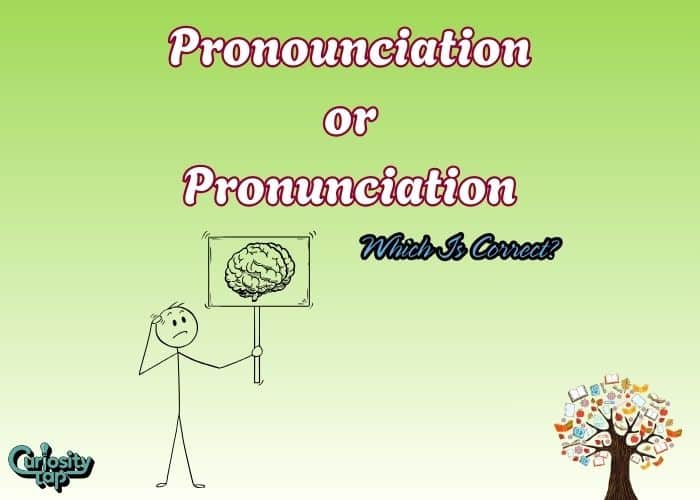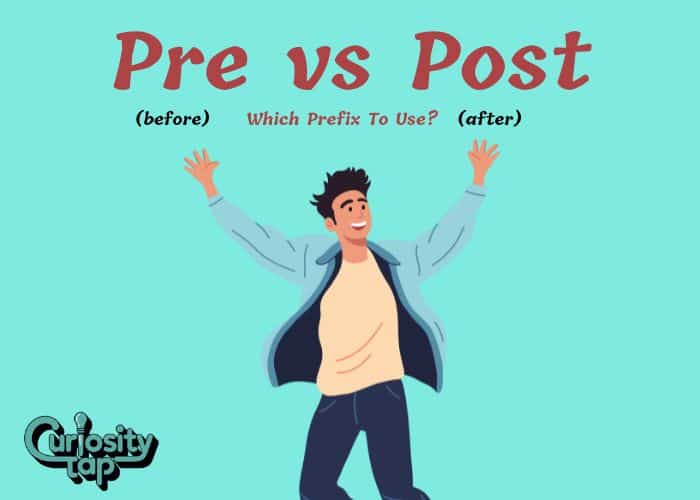English learners often stumble over tricky spelling differences, and one of the most common mix-ups is between pronounciation and pronunciation. At first glance, both may look correct, but only one is accepted in standard English.
In this article, we’ll break down the right spelling, explore why the mistake happens, and share tips so you’ll never second-guess this word again.
Why Spelling Matters in English
English is notorious for having irregular spelling patterns. Words that look similar can still have completely different rules.
For students, professionals, and even native speakers, getting spelling right isn’t just about grammar it impacts credibility, communication, and confidence.
The Correct Spelling: Pronunciation
The correct form is pronunciation without the extra “o” after “n.”
- Correct: pronunciation
- Incorrect: pronounciation
This spelling is recognized by dictionaries such as Merriam-Webster and Oxford English Dictionary.
The common error arises because of the verb “pronounce,” which contains the “oun” sequence, leading many to mistakenly carry it over to the noun form.
The Root of the Confusion
- Verb: pronounce
- Noun: pronunciation
Notice how the “o” disappears when shifting from the verb to the noun. This irregularity is what causes learners to slip.
Real-Life Example: A Job Interview Slip
Imagine sitting in a job interview where you confidently explain how good your “pronounciation” is in English. The hiring manager, however, notices the incorrect spelling on your CV and in your speech.
Instead of highlighting your skills, the mistake might make you appear less detail-oriented.
This scenario shows why mastering words like pronunciation is more than an academic exercise it’s about making strong first impressions in professional and social settings.
How to Remember the Correct Spelling
1. Focus on “Pronounce” vs “Pronunciation”
- Pronounce → “oun” stays
- Pronunciation → drop the “o”
2. Use a Quick Mnemonic
Think: “Your pronunciation drops the ‘o’ to sound right.”
3. Practice with Sentences
- Her pronunciation of French words was flawless.
- Misusing “pronounciation” can confuse readers and listeners.
Comparison Table: Pronunciation vs Pronounciation
| Word | Status | Example Sentence | Recognition |
|---|---|---|---|
| Pronunciation | ✅ Correct | His pronunciation was clear and precise. | Recognized by all dictionaries |
| Pronounciation | ❌ Incorrect | She wrote “pronounciation” in her essay. | Not recognized, marked wrong |
Why People Often Misspell It
Influence of Similar Words
Because the root verb is “pronounce,” many assume the noun should be “pronounciation.” English has countless irregularities like this.
Lack of Phonetic Consistency
English spelling rarely matches pronunciation perfectly. Words like “colonel” or “February” show that the spoken form doesn’t always align with spelling rules, which confuses learners.
Also Read:
Excel vs Accel: Can You Spell It Right?
Drier or Dryer: What’s the Difference?
Privilege or Priviledge: Correct Spelling Explained
Cacoon or Cocoon: Correct Spelling & Usage Explained
Other Than or Other Then: Correct Usage Explained
Pros and Cons of Each Spelling
- Pronunciation
- ✅ Standardized, correct spelling
- ✅ Accepted in academic, professional, and casual contexts
- ❌ May be confusing due to irregularity
- Pronounciation
- ❌ Incorrect in all formal contexts
- ❌ Not accepted by dictionaries
- ❌ Lowers credibility in writing and speech
Actionable Checklist to Avoid Mistakes
- ✅ Always double-check the word in a trusted dictionary.
- ✅ Practice writing “pronunciation” five times daily for a week.
- ✅ Use digital spellcheckers but don’t rely solely on them.
- ✅ Compare it with “announce/announcement” to spot irregular patterns.
FAQs
Why is “pronounciation” wrong?
Because the correct noun form of “pronounce” drops the extra “o,” resulting in “pronunciation.”
Is “pronounciation” ever used in British English?
No. While common as a misspelling, it is not accepted in either British or American English.
How do I improve my pronunciation (not spelling)?
Practice listening to native speakers, use phonetic guides, and repeat difficult words aloud daily.
Why does English drop the “o” in this case?
It’s a result of historical language evolution from Latin and Middle English spellings.
What happens if I use “pronounciation” in writing?
It may confuse readers, harm credibility, and be flagged by editors, teachers, or hiring managers.
Conclusion
The verdict is clear: pronunciation is the only correct spelling. While pronounciation might look logical because of the verb “pronounce,” it’s a mistake.
By practicing, remembering simple mnemonics, and paying attention to word forms, you can strengthen both your spelling and confidence.
Call to Action
Want to sharpen your English and write successfully every time?
Check out our Grammar Checker Tool and never second-guess your spelling again!
Read our guide on Common English Misspellings to boost your skills even further.
Sources List
Sources:
- Merriam-Webster Dictionary. (2024). Pronunciation. https://www.merriam-webster.com/dictionary/pronunciation
- Oxford English Dictionary. (2024). Pronunciation. https://www.oed.com
- Cambridge Dictionary. (2024). Pronunciation. https://dictionary.cambridge.org
Read more knowledgeable blogs on Curiosity Tap
Is this article helpful?

Jackson Pearson is a passionate educator and language enthusiast behind the blog Jackson Pearson. With years of experience in teaching and writing, he specializes in simplifying complex grammar rules, breaking down tricky vocabulary, and crafting learning guides that are both engaging and practical. His mission is to help readers boost their English skills whether they’re beginners or brushing up for fluency. Through every article, Jackson brings clarity, structure, and a spark of curiosity to the world of English learning.



